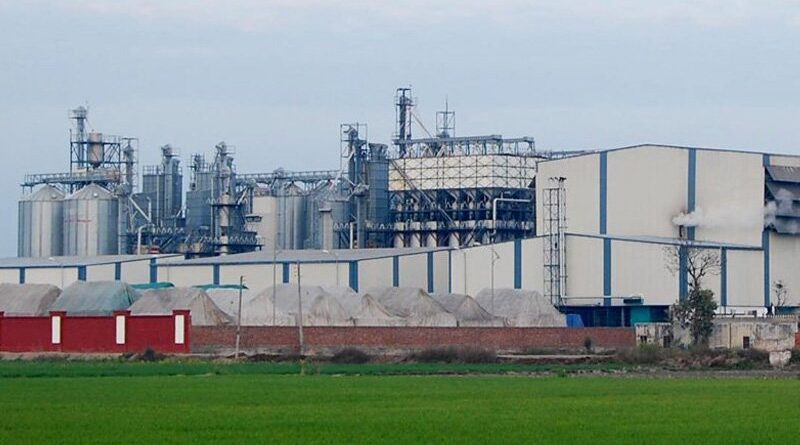Slow movement of rice from mills: Punjab millers cry foul
By Anju Agnihotri Chaba
Rice millers across the state are grappling with a crisis as the slow movement of rice from mills has led to a backlog of over 15 lakh tonnes of paddy in mills, the Punjab Rice Millers’ Association said. The delay is causing unrest among millers who are now facing financial strain due to the slow processing and the situation is aggravated by the current monsoon weather conditions after a challenging prolonged heat wave in May-June, the association said.
According to millers, the milling process, converting paddy into rice, should ideally be completed by March 31 when the weather is favourable. However, the tardy pace of rice movement has extended the milling period, affecting the quality of the rice produced. Millers fear the delay, coupled with a prolonged heat wave and the monsoon on set, will result in further losses.
“The movement of rice is slow from Punjab and so is the milling. As temperature rises, the moisture content in the paddy decreases, causing a decrease in weight, breakage and wrinkles. Then insect infestations during the monsoon added to the problem,” said Akhil Bhartiya Shellers Sangh president Prem Goel, adding: “When we store paddy in mills, the moisture level is high, but prolonged storage is affected by weather conditions like heat waves.”
According to sources, the weight of stored paddy has already been reduced by 1-2 per cent due to heat wave conditions. Millers fear with paddy losing weight, they may not be able to deliver the required rice quantity from the stored paddy, inviting legal action from the government or carrying forward the balance of rice delivery to the next season.
According to rice millers, out of the total delivery of 123.88 lakh tonnes, the potential shortfall of rice could be more than one to two lakh tonnes (10-20 lakh quintals) from the stored paddy, so they will have to bear the losses of the shortfall.
Punjab Rice Millers’ Association president Tarsem Saini said, “The central government agency should take the delivery of rice by March-end. If it’s not possible, at least 70 to 80 per cent of delivery should be taken by March-end and the remaining by April, but not beyond that. This will help millers provide the full amount of rice because weather plays a crucial role in the quality and health of the stored paddy.”
“When the moisture content decreases from 14 per cent to 11 or 12 per cent due to extreme heat wave, the weight of 100 kg crop drops to 99-98 kg. If the same rice is taken by the government by March-end, there will be no issue of weight decrease,” Prem Goel said.
This year, 18,490,062 tonnes (184.90 lakh tonnes) of paddy were stored in 5,032 rice mills in Punjab, from which 123.88 lakh tonnes of rice millers have to deliver to the Food Corporation of India (FCI). When the total stored paddy is milled, it will produce 67 per cent rice, 20 per cent husk and 13 per cent bran, according to millers.
To date, millers have delivered 113.85 lakh tonnes of rice, while over 10 lakh tonnes are still pending, which will be produced from nearly 15 lakh tonnes stored paddy. Only mills in Fazilka district have delivered all the stored rice, while mills in the remaining districts have been storing 5 to 26 per cent of the total paddy stored in their respective Mills.
FCI General Manager B Srinivasan told the Indian Express, “Around 115 lakh tonnes of rice and 80 lakh tonnes of wheat are stored in Punjab as of July 1. FCI has procured more than 91 per cent of rice till now. This year, milling was started very late, by January-end.
It usually starts in November every year. The storage is also one of the concerns.” Asked about paddy losing weight due to prolonged milling and heat wave conditions, Srinivasan said, “We are not sure about it. Nor have we received any complaint about it.”
This article has been republished from The Indian Express

